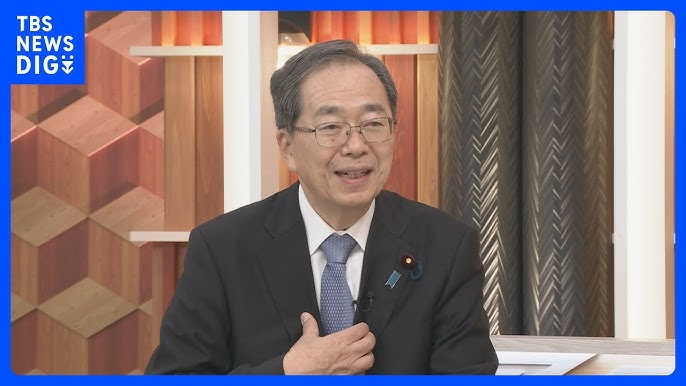In recent political drama, High City (a probable pseudonym of a politician) rallies against what he considers one-sided assertions, leading to sharp rebuttals from the Komeito Party. The spotlight of this debate appears to be an unspecified policy or proposed law. As the dust settles, both sides claim victory, leaving the public in a swirl of confusion about the actual issue at stake.
This news, like much of Japanese politicking, revolves around intra-party debates and the public discourse they create. Japanese citizens typically monitor these developments closely as they often influence policies and laws that directly impact their lives. The conversation also reflects respect for consensus-building in Japanese society, with both parties attempting to claim moral high ground in their respective positions.
In the US or EU, such fractious political debates are fairly common, typically becoming drawn-out affairs with public sentiment shifting as each party attempts to sway opinion. However, unlike Japan's preference for consensus-building, Western politics often thrive on polarization, where the strongest argument takes the day regardless of overall agreement or consideration for moral high ground.

